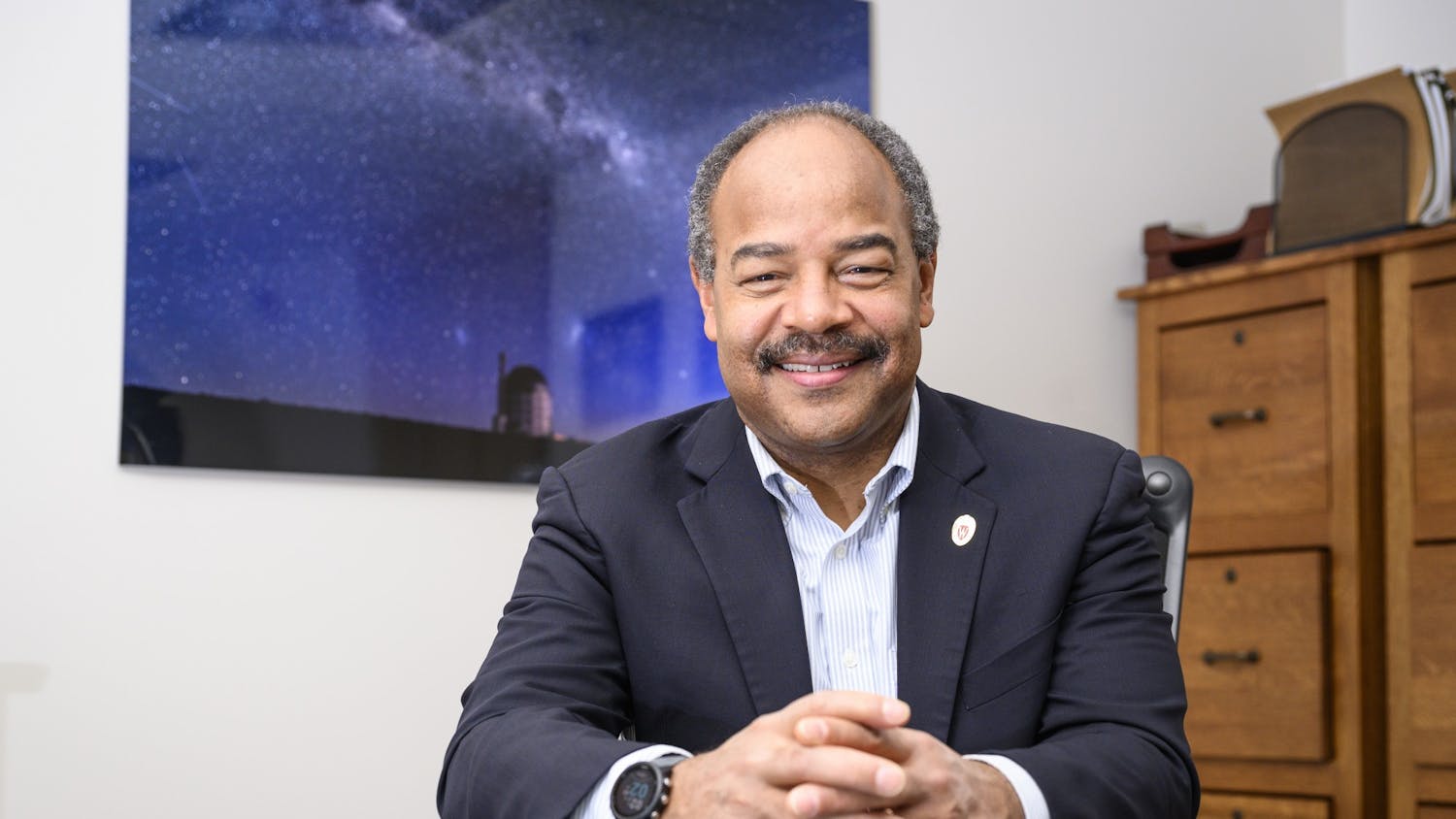He finally said it. After cutting it out of the State of the State address earlier this year, Gov. Jim Doyle got his priorities straight at his budget address Tuesday.
\For the first time in more than 10 years, my budget will add more state money to the UW and financial aid than it will to the Department of Corrections,"" he said.
For an administration that oversaw the largest increases of tuition in UW history, this statement comes as an enormous relief.
Additionally, Doyle delivered a budget that will hold tuition increases between 5 and 7 percent. Although those numbers are not ideal, they certainly provide some reprieve to the spikes of recent years. The UW Board of Regents had proposed 4.3 percent increases and Doyle is at least keeping his word by hovering near those figures.
Another number Doyle mentioned that will help the UW, pending the approval of the budget, is a 34 percent increase in financial aid. While financial aid can only go so far in a UW System that faces skyrocketing tuition, any extra help is commendable.
This affirmation of the UW System's importance may ease the burden the first years of the Doyle administration placed on students' backs, but it will not lift it entirely. Should Doyle's proposed budget pass, he will only have started to restore the quality of the UW that he had previously allowed to erode. We hope this is the standard, not the exception, for years to come.
While Doyle's budget address alleviated some of the fears about his commitment to the UW, he left something out. Doyle did not mention his support for domestic partner benefits for all University of Wisconsin employees.
Though the proposition is bound to be a controversial one, with a Legislature poised to present an amendment to ban same-sex marriage, Doyle missed an opportunity to assert his position. In a budget address that was well-received by both parties, the governor could have made a strong statement for a proposal he has previously called ""crucial to the future of the University of Wisconsin.""
State officials estimate the amount needed for domestic partner benefits will come to approximately $6 million annually, paling in comparison to other budget shifts Doyle has proposed. In a budget that proposes a $15 million investment in special education and $10 million for reducing medical errors, this proposal is certainly attainable.
While the UW is struggling to catch up to other Big Ten schools with similar plans, Doyle's omission came as a surprise. All his talk of ""staying competitive"" went unmentioned. Hopefully, he will fight for domestic partner benefits more assertively in the future.





